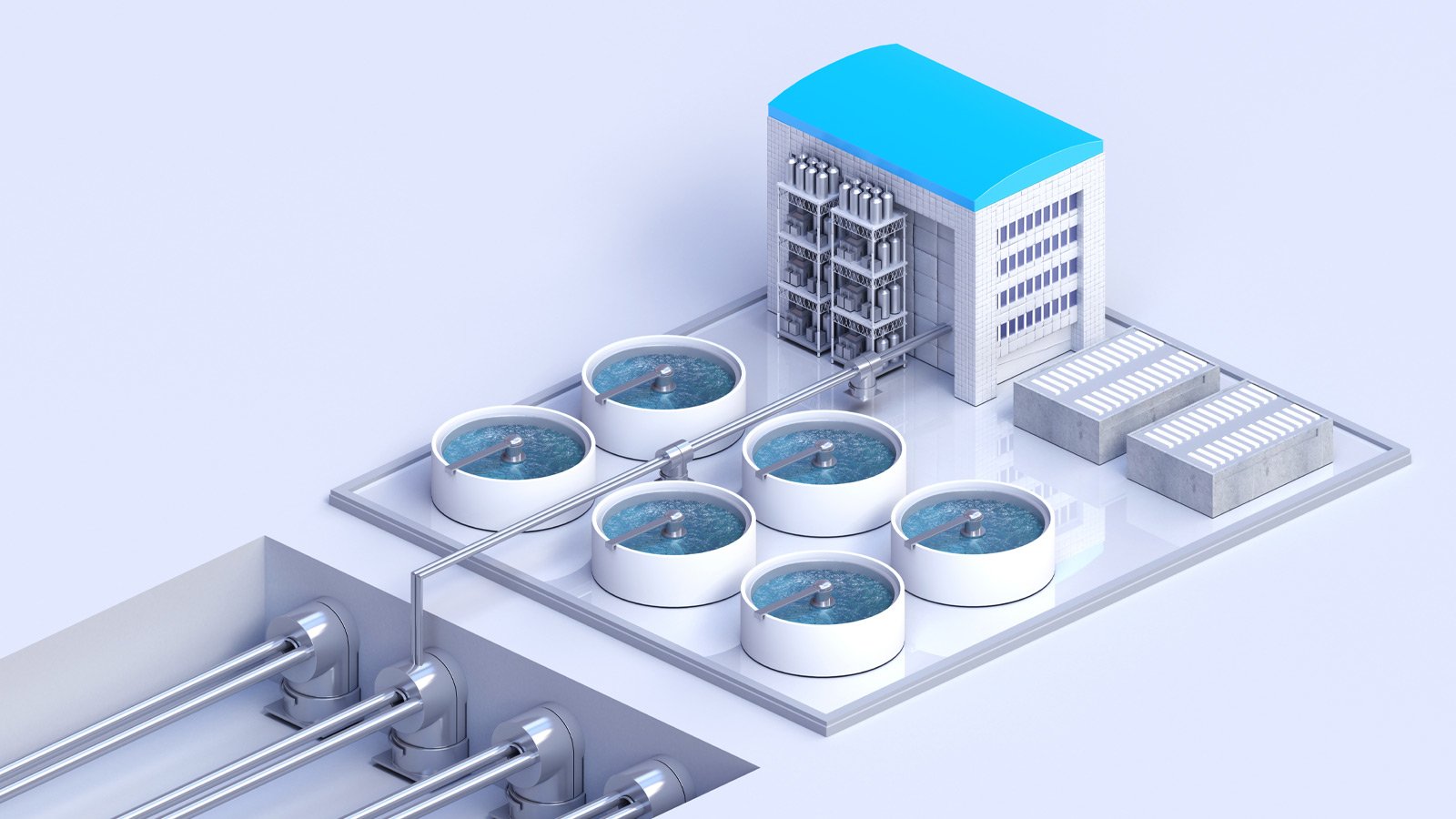How do you handle your residual streams? A question our clients in the dairy and chemical sectors were also asking themselves. We came up with a good solution for them.
The current discrepancy
Cheese, milk and butter: dairy products that you may use daily at breakfast. Probably, besides the taste, because of essential nutritional value and minerals. Did you know that when these are produced in a different form, this nutritional value and minerals come back in residual streams? Often these residual streams go "down the drain" to water treatment and/or utilized for biogas production. This sometimes results in a loss of valuable raw materials. This gave us the motivation to get started, both economically and ecologically.
Development of closed nutrient cycles
Together with the client, we focused first on phosphate-rich streams. This is because phosphate is an essential resource, including for our global food supply. After an inventory of promising streams, we investigated which industries use phosphate/phosphorus. This led us to a water treatment plant that depends on phosphoric acid for its process. We are actively evaluating and implementing this approach in several water treatment plants, having already been able to replace nearly 17,000 kilograms of phosphate.
Industrial symbiosis
Milgro has used an ''end-of-waste'' approach in cooperation with all stakeholders, including the environmental service, to turn the phosphate-rich stream into input stream for water treatment. As a result, they no longer need to purchase expensive and 'virgin' phosphoric acid. This project demonstrates the essence of industrial symbiosis, where several sectors work together to utilize each other's waste streams and thus operate more sustainably and efficiently.
Toward a sustainable future
The journey to creating closed nutrient cycles is full of potential and has a major impact on how Milgro handles residual streams. As we build on this success, we encourage clients from all sectors to contribute to accelerating the circular economy. Together, we preserve the value of raw materials, a goal Milgro strives for.
Stay informed
 Would you like to know more about our approach or discuss the possibilities for your organization in a no-obligation meeting? Then make an appointment now with t Alex van Kuilenburg, Business Developer at Milgro.
Would you like to know more about our approach or discuss the possibilities for your organization in a no-obligation meeting? Then make an appointment now with t Alex van Kuilenburg, Business Developer at Milgro.













